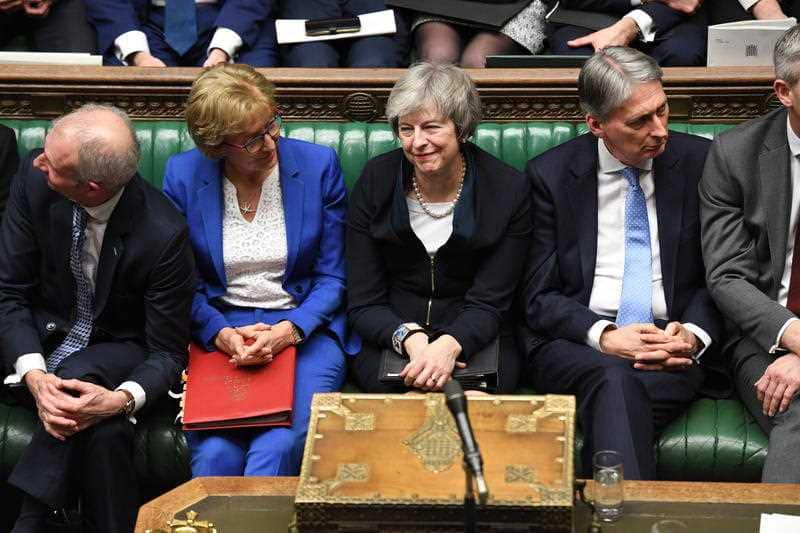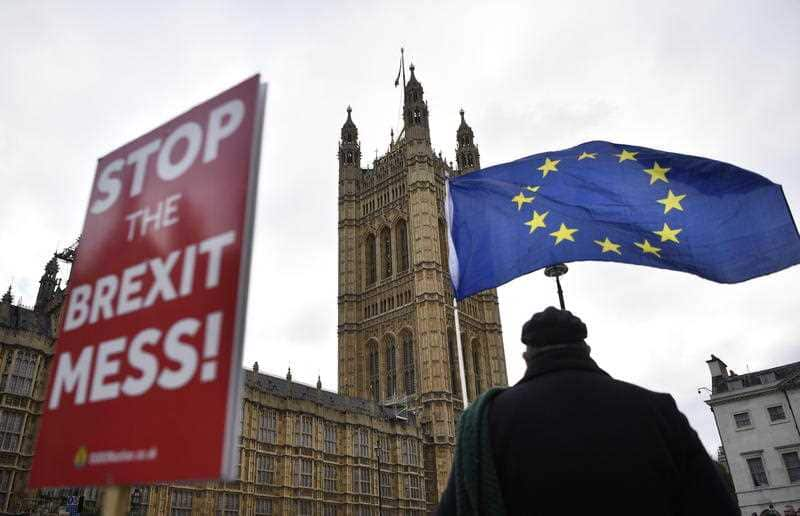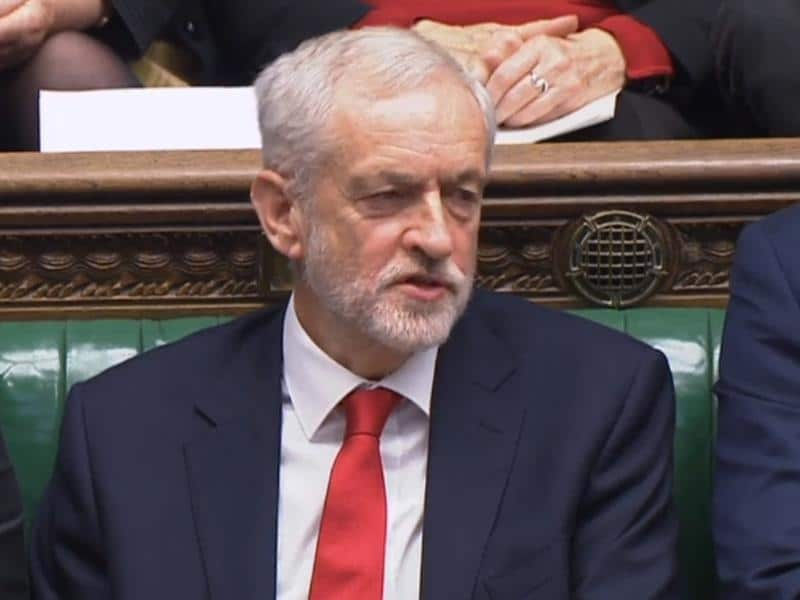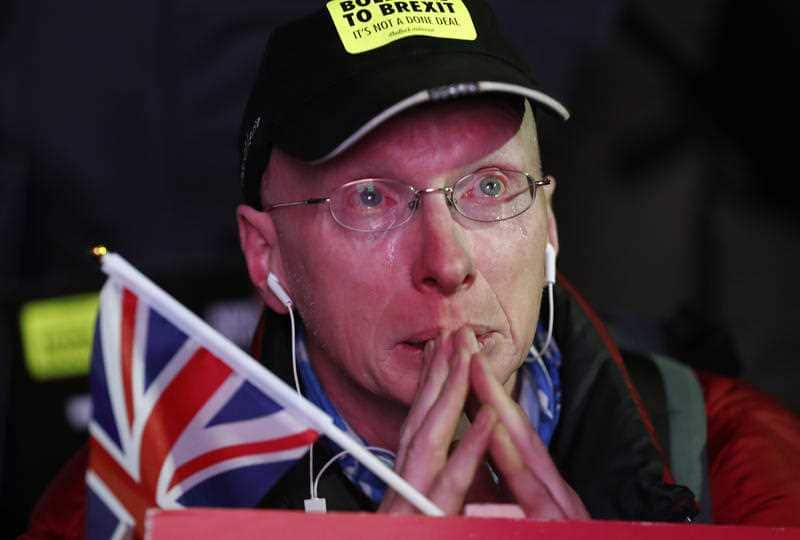Here are the three main scenarios facing Britain while the clock ticks down to March 29, 2019 - the day it is scheduled to depart the European Union after 46 years:
Try again
The British government and EU leaders say their agreement is the best compromise available, and despite her historic defeat, Ms May said Tuesday it remained the only option.
Members of her Conservative party say the deal keeps Britain too close to the EU, while opposition parties say fails to protect economic ties with the bloc.

Both sides also hate a plan to keep open the Irish border, the so-called backstop, which could see Britain indefinitely follow European rules on trade.
Ms May has already sought concessions on the backstop from EU leaders but they refused to alter the deal itself, and her critics were not convinced.
On Tuesday, she warned there was no "alternative deal" on offer from the EU but she said she was open to discussing ideas with MPs that were "genuinely negotiable" and could "explore them with the European Union".
Attorney General Geoffrey Cox earlier told MPs that the Brexit deal "will have to return in much the same form and with much the same content".

There is nothing to stop the government bringing back the same deal again and again to the House of Commons until either MPs accept it, or seek to oust Ms May, who faces a no confidence vote on Wednesday called by the opposition Labour Party.
No deal
This is billed as the doomsday scenario that threatens to trigger a recession in Britain and markedly slow the European Union's economic growth.
It is the default option if the British parliament votes against the deal and there are no other solutions before March 29.

Ms May's agreement was meant to keep trade rules between the world's fifth-biggest economy and its largest export market almost unchanged for a transition period running to the end of 2020.
A sudden shift to different standards would impact almost every economic sector - and possibly see the costs of everyday products in Britain rise as well as create disruption at logistical hubs such as ports.

The government has conducted visible displays of its ramped-up no-deal preparations over the past few weeks.
There is growing speculation in London and Brussels that she could seek to delay Brexit to avoid a no deal scenario.
Second referendum
EU supporters have been calling for another vote ever since the Leave campaign won by 52 to 48 percent in the 2016 referendum, and demands have stepped up in recent months.
There is no law keeping Britain from doing it all over again, but many question whether this would be democratic.
It also threatens to be just as divisive, with opinion polls showing the country is still split over the issue.
Ms May has warned another vote "would do irreparable damage to the integrity of our politics".
The first step would be to extend Britain's departure date, although EU diplomats warn this would only be for a few months.
Tomorrow's a new day
Sydney University Professor Simon Tormey told SBS News that while Ms May’s heavy defeat looked like a crushing blow for the government, it just put the UK “back to square one” in organising an EU divorce.
“Yes it was disastrous and the worst defeat inflicted on a sitting government in British history. So we are looking at something that was a slap in the face,” he told SBS News.

“But on the other hand, it is simply a question of parliamentary arithmetic’s here. Jeremy Corbyn... has seized the moment and come forward with a vote of no confidence.”
But he said he expected the Labor leader to lose the vote.
“Tomorrow Theresa May will be restored in terms of her position as prime minister, but with this terrible Brexit puzzle yet to be resolved,” he said.
Professor Tormey said the main issues was that MPs all seemed to favour different divorce deals from the EU, extending the debate.
“So if we dice that up and said there are probably four or five major positions, there is a good number of MPs that agree with one of those options - the fundamental problem here is there isn’t a majority in the House of Commons for any of these options,” he said.
“Whatever option you put to the House of Commons it would be voted down. Theresa May kind of knows this, the MPs know this.”
“There are people on both sides who are basically saying, we have to come up with something that parliament has never tried before - which is really to set aside the partisan nature of parliamentary loyalty and work this out.
“But that is so un-British.”

